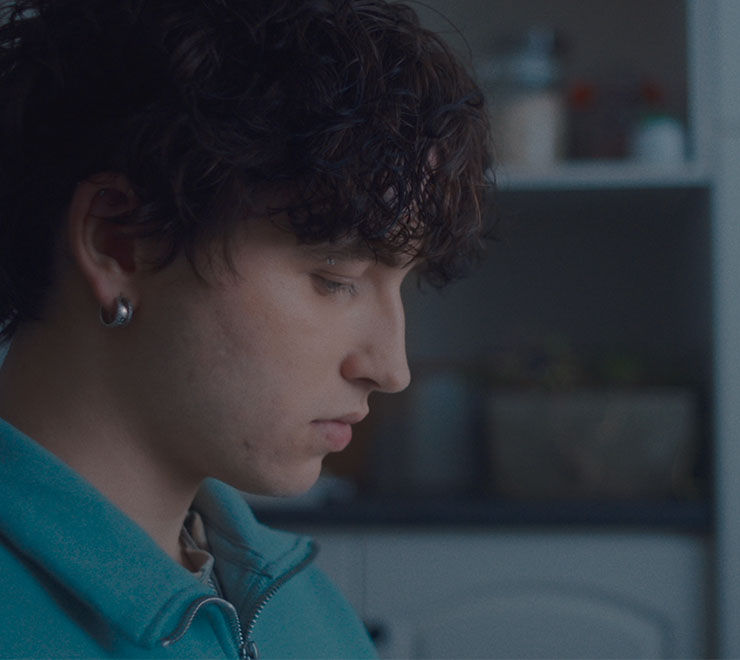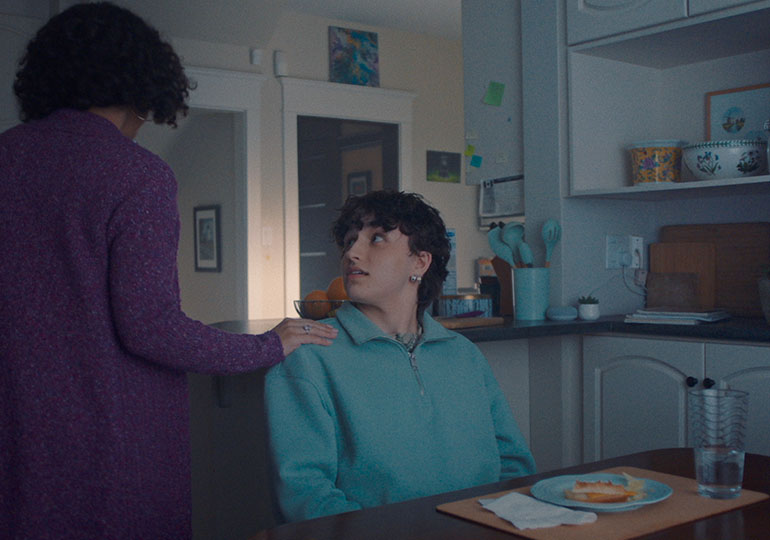It’s OK to feel sad from time to time. It’s important to know what to do if the feeling becomes overwhelming (or if you feel sad all of the time).
Sadness is an important emotion to feel because it can motivate you to do something about a distressing situation.
You may feel sad for many reasons, like:
- you’ve been disappointed
- you’ve been rejected
- you’ve been ignored
- you’ve been misunderstood
- you haven’t achieved your goals
- you lose something important to you (a loved one, your self-confidence, etc.)
You can experience sadness in both your mind and your body. When you feel sad, you may notice:
- pain behind your eyes
- a lump feeling in your throat
- an aching feeling in your chest
- you cry or feel like crying
- you want to be alone
- you want to curl up into a ball
- you feel small
Remember, it’s OK to be sad sometimes. There are some ways you can help yourself be OK with feelings of sadness:
- It’s OK to let it out: cry, yell, sob… whatever helps you to vent those feelings.
- Breathing helps: focus on your breathing to help your body calm down.
- You’ll feel better soon: when you let yourself feel sad, you may feel better more quickly than when you try to stop your feelings.
- You can take a break: if feeling sad starts to be too much, try doing something else for a while, such as writing, sports or hanging out with friends.
It’s important to be kind, gentle and patient with yourself if you’re feeling really low or vulnerable. Try to give yourself time to recover.
What makes you sad?
It may be helpful to identify things that make you feel sad. You can:
- write down a list of things and situations that make you feel sad
- write down a list of cues your body gives you to let you know when you’re getting sad
- write down a list of thoughts, images and feelings that come to mind when you feel sad
How do you deal with sadness?
When people feel sad, they often want to withdraw to give themselves time to recover. You may want to spend some time alone doing something you find soothing such as:
- holding a pillow or stuffed animal
- listening to soft, calming music
- spending time with a pet
- picturing the face of someone warm and caring (imagine hearing that person’s voice)
Another way of coping with sadness is to reach out for support. You can try talking to a friend or family member about your feelings. You can also call a Kids Help Phone counsellor at 1-800-668-6868. Reaching out can help you remember you don’t have to go through this experience alone.
While spending some time alone can be healthy, too much time alone can make you feel even worse. If you’re withdrawing to the point where you’re spending a lot of time alone, it could be a sign of depression, and it may be time to reach out for help. Kids Help Phone counsellors are available 24/7 at 1-800-668-6868 if you need to talk.
How to express sadness
Expressing your sadness in healthy ways can be a good way to deal with how you’re feeling. Here are a few ways to express your sadness:
- Let it out: vocalize your feelings (cry, yell, scream, etc.)
- Get creative: draw, paint or sculpt
- Let loose: listen to music that reflects your sadness and dance to it
- Put it in writing: write about your feelings in a journal or keep a sadness diary
- Share: talk about your feelings with someone you trust
What’s the difference between sadness and depression?
If you’re sad, you may just feel a little blue, or you may feel so low that you find it hard to get out of bed or talk to other people. Sadness is an emotion that usually comes and goes and gets better over time. Depression is a mental disorder that’s deeper and longer-lasting.
If you think you may have depression, or if you’re having trouble telling the difference between sadness and depression, you can read about depression and see if it makes sense. You can also call Kids Help Phone — a counsellor can help you talk through if what you’re feeling is sadness or something more.
Sometimes, sadness can feel overwhelming, especially if you try to deal with it alone. It’s a good idea to get support if you’re feeling sad and talk to someone you trust.













